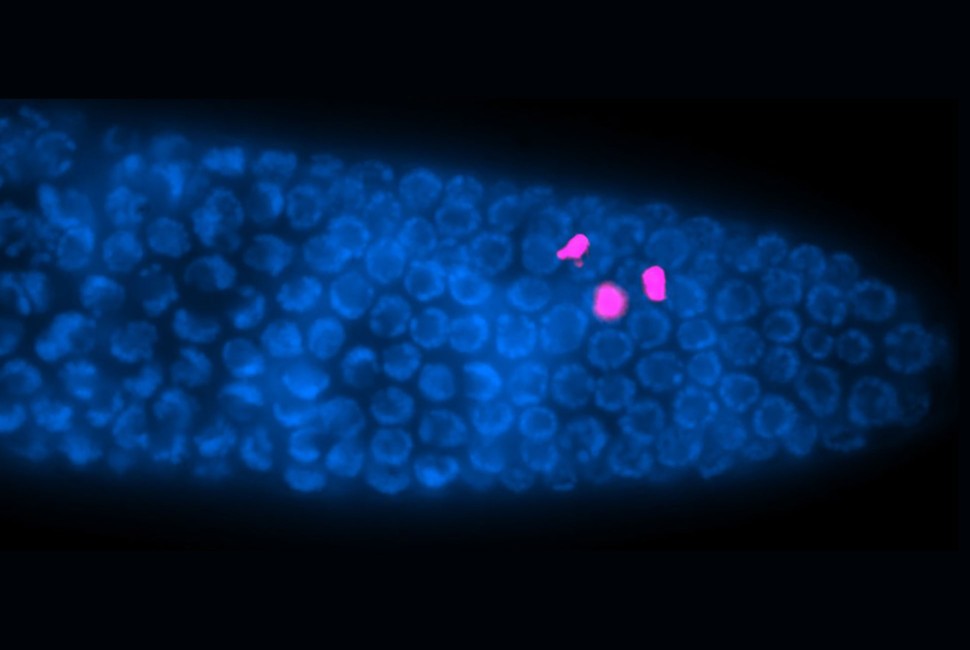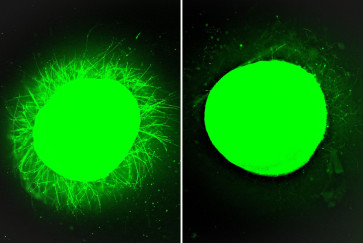Worms might not be depressed, per se. But that doesn’t mean they can’t benefit from antidepressants.
In a new study, Northwestern University researchers exposed roundworms (a well-established model organism in biological research) to selective serotonin reuptake inhibitors (SSRIs), a class of drugs used for treating depression and anxiety. Surprisingly, this treatment improved the quality of aging females’ egg cells.
Not only did exposure to SSRIs decrease embryonic death by more than twofold, it also decreased chromosomal abnormalities in surviving offspring by more than twofold. Under the microscope, egg cells also looked younger and healthier, appearing round and plump rather than tiny and misshapen, which is common with aging.
Astounded by the results, the researchers replicated the experiment in fruit flies — another common model organism — and the SSRIs demonstrated the same effect.
Although much more work is needed, the researchers say these findings provide new opportunities to explore pharmacological interventions that might combat infertility issues in humans by improving egg quality and by delaying the onset of reproductive aging.
The study will be published on Monday (May 8) in the journal Developmental Biology. An early version of the paper is available here.
“There is still a great distance between this new finding and the fertility clinic,” said Northwestern’s Ilya Ruvinsky, who led the study. “But the more we study the reproductive system, the better we understand it and the more opportunities we have for developing practical interventions.”
Ruvinsky is an associate research professor at Northwestern’s Weinberg College of Arts and Sciences. Erin Aprison, a research associate in Ruvinsky’s laboratory, is the paper’s first author. Svetlana Dzitoyeva, a postdoctoral researcher in Ruvinsky’s laboratory, co-authored the paper.
Cutting out the middleman
Previously, Ruvinsky’s team discovered that male pheromones slowed the aging of females’ egg cells. Published in the Proceedings of the National Academy of Sciences in May 2022, the previous study exposed female roundworms to male pheromones, which resulted in healthier offspring.
When female roundworms sensed the male pheromones, they shifted their energy and resources away from their overall body health and toward increasing reproductive health. “The pheromone coaxes the female into sending help to her eggs and shortchanging the rest of her body,” Ruvinsky said. “It’s not all or nothing; it’s shifting the balance.”



